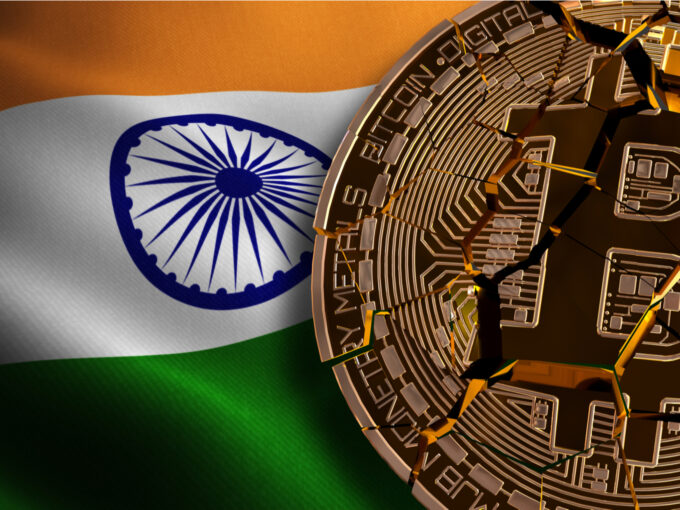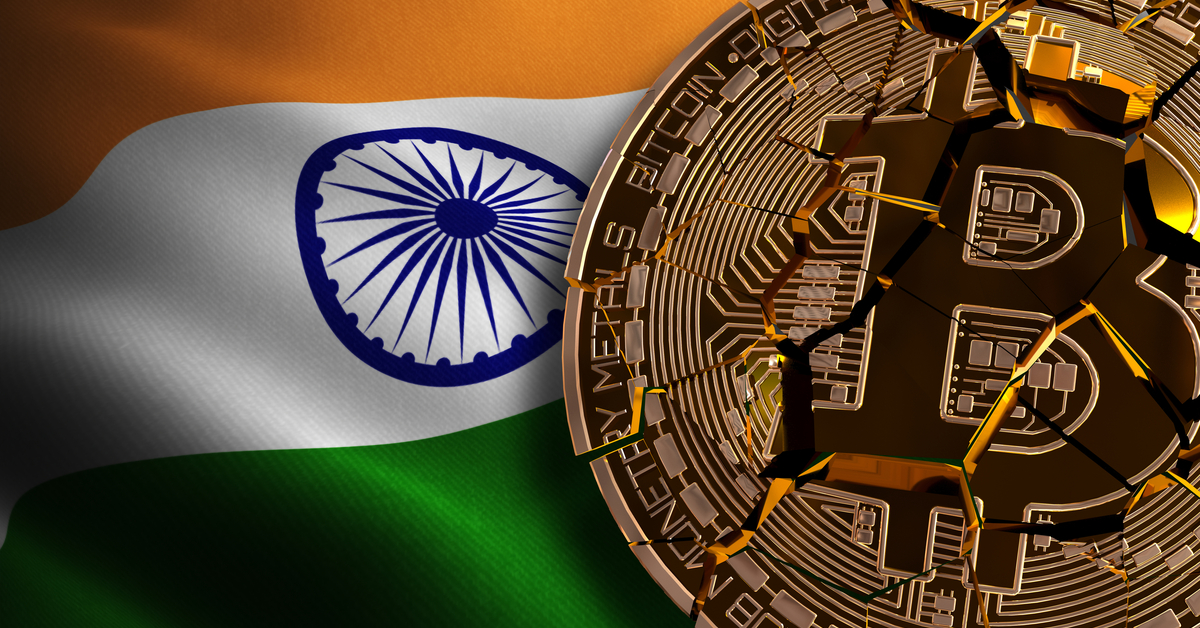The resolution asserts that only a currency sanctioned by a country’s central bank can be called a currency and that the word cryptocurrency is a misnomer because it is privately issued
It also proposes that crypto users should be given a small window of time to exchange or sell their cryptocurrency, ostensibly for fiat currency.
Earlier this year, the value of cryptocurrencies like Bitcoin plummeted almost 20% with just rumours of a blanket ban by the Indian government.

With Indian lawmakers seemingly skipping the decision to introduce the much-anticipated cryptocurrency regulations during the recently concluded winter session of parliament, the Swadeshi Jagran Manch (SJM) has demanded a ban on all private currencies, while supporting the exploration of blockchain technology.
The Swadeshi Jagran Manch is affiliated with the Rashtriya Swayamsewak Sangh (RSS) — a right-wing Hindu nationalist paramilitary volunteer organisation — and promotes a nationalist economic and cultural agenda.
In SJM’s resolution titled “Technology Yes, Crypto No”, the organisation calls for an outright ban for cryptocurrencies, labelling them as a threat to the nation’s interests. It puts down five reasons for the same:
- Only a currency sanctioned by a country’s central bank can be called a currency and that the word cryptocurrency is a misnomer because it is privately issued
- Cryptocurrencies are widely used for criminal purposes by terrorists and money launderers.
- It is difficult to tax cryptocurrencies, especially currencies held in cold wallets.
- The tendency for large scale fluctuations in value makes cryptocurrencies an inherently unreliable asset.
- Mining cryptocurrencies consumes a lot of electricity.
What Would That Kind Of Ban Look Like?
While some of the reasons listed above are valid concerns, however, a ‘cryptocurrency ban’ is not going to solve any of them. To begin with, it would be next to impossible to actually ban the use of cryptocurrencies. A blanket ban in the country might cause the shut down of registered exchanges in the country.
But that would only serve to drive all crypto transactions underground towards a murkier world with less regulation and oversight than there already is.
Essentially, a blanket ban on cryptocurrencies might have an effect similar to the ban of e-cigarettes in the country. Instead of stopping the usage of e-cigarettes, it just drove a lot of customers to sketchier black-market alternatives.
If instead, the government had focused on regulation instead of an outright ban, it would have accelerated more research, steps towards understanding the impact of usage to mitigate any harm that it might bring.
SJM’s resolution also proposes a particularly harebrained solution to abate the impact a ban will have on the more than 15 Mn crypto users in the country. It proposes that crypto users should be given a small window of time to exchange or sell their cryptocurrency, ostensibly for fiat currency.
But this doesn’t take into account the fact that a massive selling frenzy will cause cryptocurrency values to plummet, rendering the same effect as a ban with no provision, except with extra steps.
There is a precedent for making this prediction. Earlier this year, the value of cryptocurrencies like Bitcoin plummeted almost 20% with just rumours of a blanket ban by the Indian government.





![Read more about the article [Funding alert] DealShare raises Rs 70 Cr from venture debt firm Alteria Capital](https://blog.digitalsevaa.com/wp-content/uploads/2021/04/oieS1ZsITvDzlTz-1597649353128-300x150.jpg)





